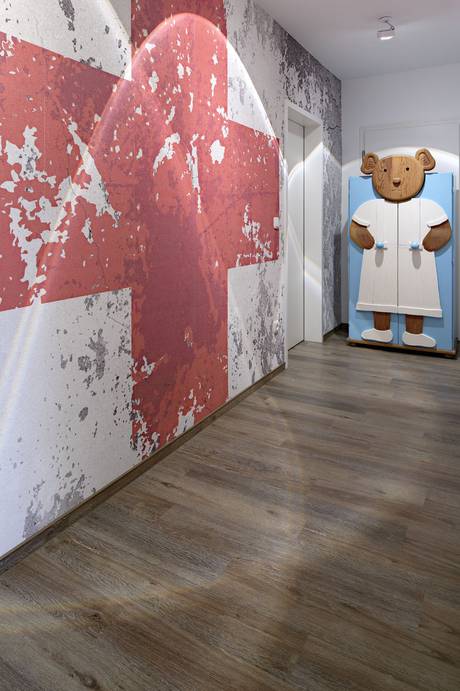Plasticizers

Polyvinyl chloride (PVC) is the main component of plastic designer floor coverings. PVC is hard-wearing, durable, easy to clean and water-resistant and therefore used in many everyday plastic products.
PVC is originally a hard plastic which first of all has to be made soft and flexible before it can be laid as a floor covering. The chemicals which give PVC the necessary flexibility and softness are called "softening agents" or "plasticisers".
So-called "phthalates" (pronounced (f)thalates = (f)?ale?ts) are the type of softening agent which has been most commonly used for the production of plastic designer floor coverings. An in-depth evaluation of phthalates which was carried out on behalf of the European Commission by experts from the EU Member States came to the conclusion that they do not represent a risk to human health.
As one of the first manufacturers of plastic designer floor coverings, PROJECT FLOORS nevertheless has voluntarily refrained from using phthalate-containing softening agents in the production of all of its floor coverings since 2013. One of the alternatives used is Hexamoll® DINCH, which has been developed by BASF for applications which come into close contact with humans. These include in particular the sensitive areas of toys, medical devices and food packagings.
